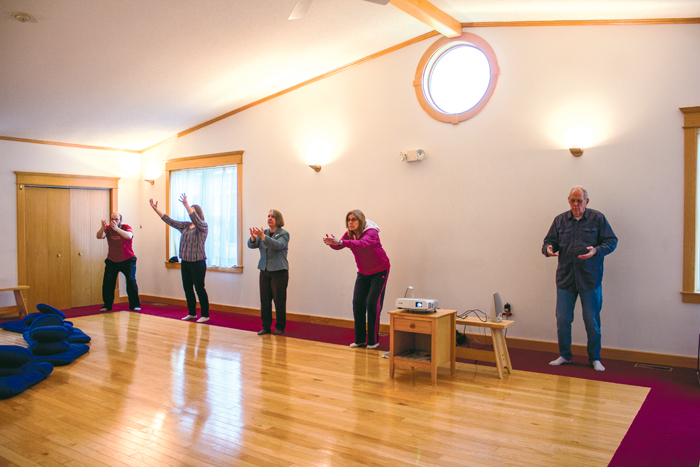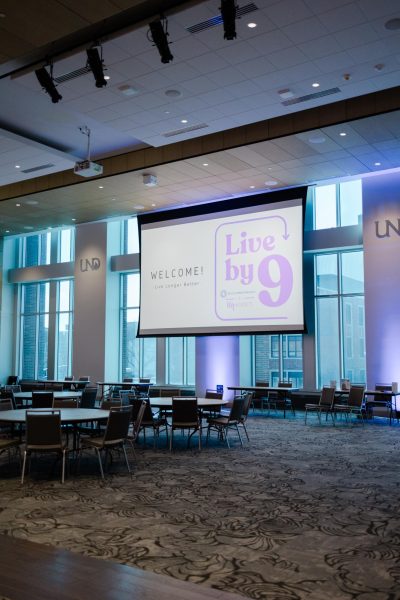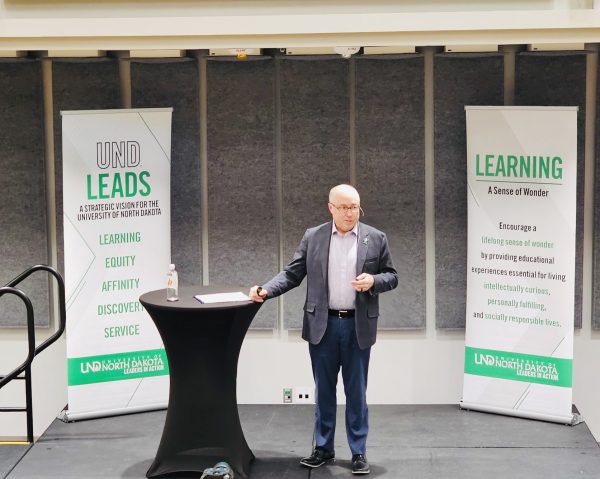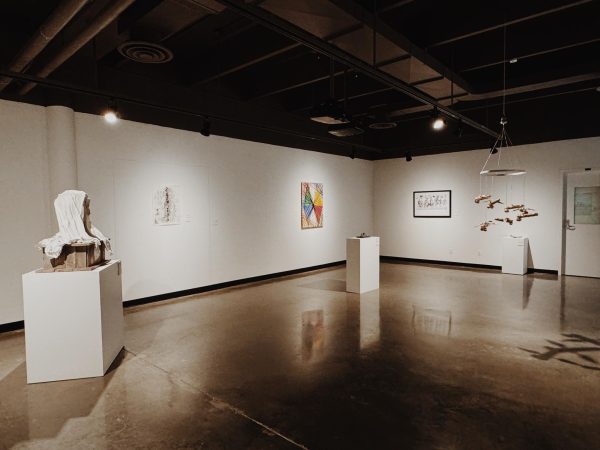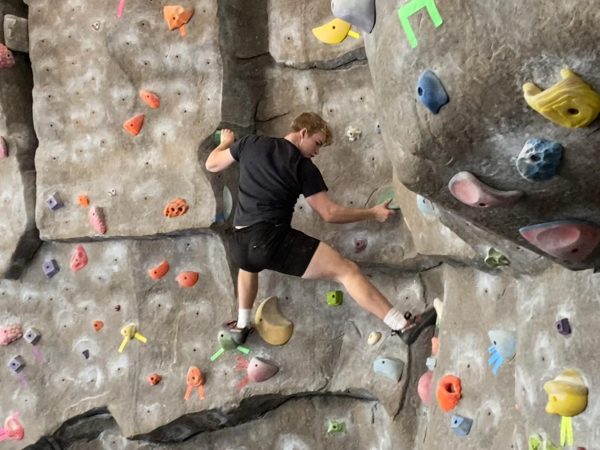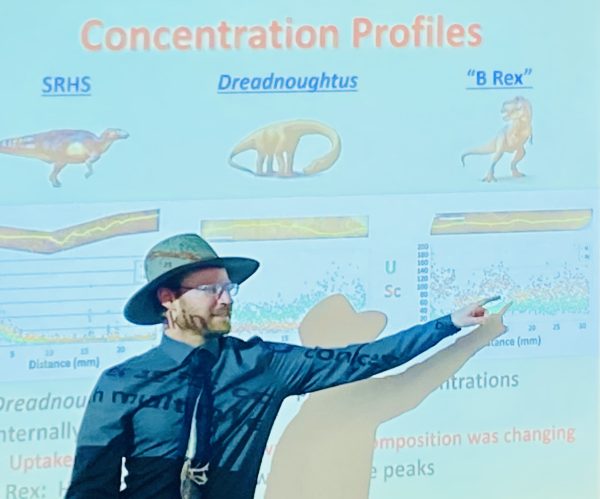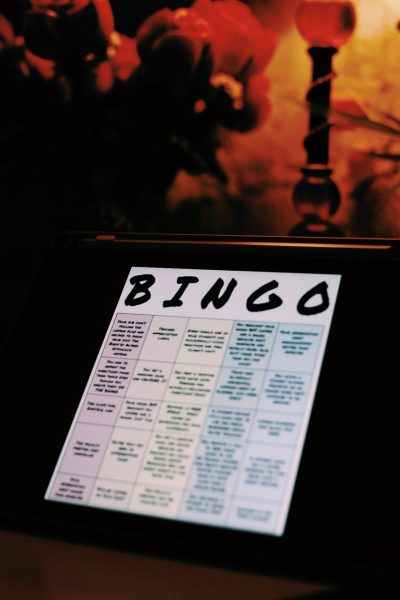Necessary Meditation
Janet Rex (center) leads a group during a Qi Gong session at the Lotus Meditation Center on Monday, April 24, 2017.
April 28, 2017
[Gong]
Silence. No movement. No stress. No worries. Just Silence.
My eyes are closed. I listen to the rain on the roof. A car passes by.
[Gong]
I hear the wind in the trees. Why are my shoulders shrugged? Relax them.
[Gong]
30 minutes of silence have passed, and the students of UND’s Qi Gong class is continuing their practice of mediation.
Every Monday at 4:45 p.m., this group of meditators gather at the Lotus Meditation Center just across the street from the Memorial Union. Some of those involved are university faculty, employees and students. Open to all; free from cost and stress.
Janet Rex normally leads the class and she says the almost two-hour session helps participants relax both physically and psychologically.
“It’s working with life-force energy, so you’re working energy in your body,” Rex said. “The exercises are really good, because you really can feel the energy. It just improves the flow.”
Physically, the exercises are meant to relax the muscles and regain and control the energy of the body. The first 45 minutes of the class consists of these physical exercises. The class follows along to a video specializing in Qi Gong meditation.
“Qi Gong goes against the natural flow of society,” according to the video played during the class. “Try to find that balance in physical relaxation, mental vitality and emotional tranquility.”
The instructors of the course try to reflect on these teachings and apply them to daily life.
“The important thing with the mediation is that we are putting some focus on the body,” Rex said. “So often in life we’re not even noticing we have a body. So we want to be very present in our life; we want to notice our body present in the world.”
When the physical exercises are complete, participants sit around a circle either on benches or on pillows and practice half an hour of mindful meditation in silence. Rex said she reminds the class to have a relaxed posture and to focus on the breath.
“You’re not trying to control thoughts in a way that’s harsh. Just say ‘let those thoughts go by’ and return to the breath,” Rex said. “That helps to deepen concentration and it works within mindfulness and meditation.”
The sound of the gong indicates the beginning and end of this section of the meditation.
The third and final segment of the night is a book circle where the class reflects on a book normally about mindfulness and mediation.
Qi Gong is more associated with Daoism where the silent mediation is more associated with Buddhism. With these two ideologies influencing the practice of the class, the books switch between the two.
The book the class is discussing now is called “Eight Mindful Steps to Happiness,” which is a Buddhist teaching.
The origins of the class go back to Tamar Reed, a former UND music professor. Rex said Reed was getting more into meditation for herself, but later realized the university could benefit from free sessions on mediation. She had been an instructor for the course, but has given the role to other members as of late.
“So she put up the money to build the Lotus Meditation Center, so that’s why we have it,” Rex said.
While the class may seem small, the group does more than one may expect. The group has a regular following of participants who not only join for the Monday night session, but they also join the Wednesday noon classes that are only half an hour.
On top of the regular weekly classes, there are also weekend retreats that the class organizes. These retreats include speakers from the larger Midwest cities and Canada.
These classes are free and open to anyone who wishes to participate. While, for now, they meet in the Lotus Meditation Center, they are looking to move into the basement of Swanson Hall in the not too distant future.
[Gong]
Jacob Notermann is a staff writer for the Dakota Student. He can be reached at [email protected]


